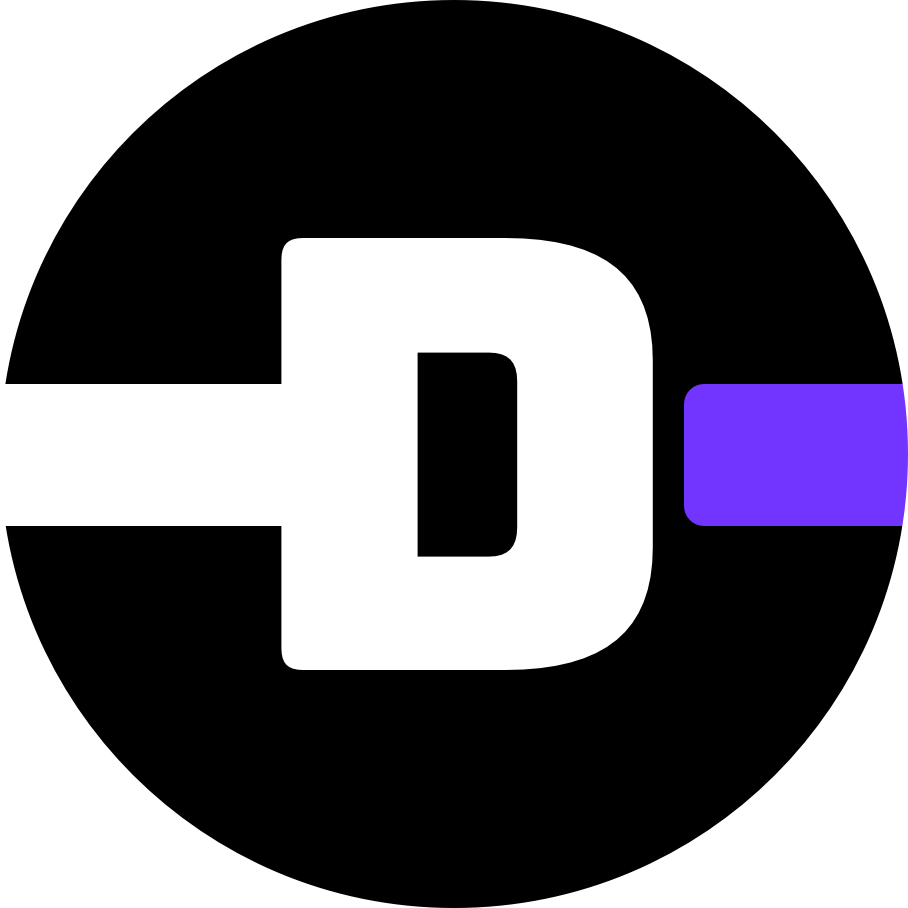udarajay / dunbar
Easy to use proxy for your Laravel APIs
Installs: 96
Dependents: 0
Suggesters: 0
Security: 0
Stars: 2
Watchers: 0
Forks: 0
Open Issues: 0
pkg:composer/udarajay/dunbar
Requires
- php: >=7.0.0
- guzzlehttp/guzzle: ~6.0
- illuminate/support: ~5.6.0|~5.7.0|~5.8.0|^6.0|^7.0
This package is auto-updated.
Last update: 2026-01-29 03:44:14 UTC
README
Dunbar
Easy to use (thin) proxy for your Laravel APIs.
If you're consuming your Laravel API from any public client, like a single-page web app or a mobile/desktop app, chances are you're going to have to store the client-secret credentials somewhere in there. It's super easy for anyone to inspect you code and grab your secure tokens.
Using a 'thin' (server-side) proxy is the fastest way to secure your client APIs; simply put, this poxy will sit between your frontend clients and backend apis. Where you would normally make an authentication call to the API with a client-id and client-secret like so:
POST /auth HTTP/1.1 Host: api.example.com grant_type=password &client_id=webapp &client_secret=a-secret-code-no-one-should-see &username=admin &password=password
You'd now be making the same API call to the proxy endpoint, in our case example.com/dunbar, minus the client-secret. The proxy will take the request, add the client-secret and forward the request to your backend API.
The server would normally respond with the access tokens and refresh tokens like so:
{
"access_token": "Jcncdj32CXdsdiUYtxnt6H8vCjndiCbdsu",
"refresh_token": "83JCd97cdkalc53nB2DHJui3d83NcdicS",
"token_type": "Bearer",
"expires": 1535645629
}
But with our thin proxy, it'll simply create an encrypted cookie that only the proxy can decrypt.
Now, for all future call to the API:
GET /ajax/resource/123 HTTP/1.1 Cookie: <encrypted cookie with tokens> Host: example.com
The proxy will decrypt the cookie, add the Authorization header to the request and forward it on to the API like so:
GET /resource/some-protected-resource HTTP/1.1 Authorization: Bearer the-access-token-form-the-cookie Host: api.example.com
The responses will be passed directly back to the browser or app exactly like you define in your API.
So what exactly does this "thin" proxy do?
Simply put, the proxy lets you hard code the client-secret credentials into this thin server-side component (proxy) that you can trust. It authenticates your client APIs for you and returns an encrypted cookie with the user credentials (eg. access token) that only the proxy can decrypt. All you need to do to access protected resources after you've authenticated via the proxy is to pass this cookie with all your calls.
What more?
Teh further secure your API, you can lock it down to only accept requests from the proxy. Additionally you can also roll your client-secret on a schedule or anytime you need to without having to update any front-end clients.
Installation
- Install
Dunbarvia composer
composer require udarajay/dunbar
- Publish the configuration
php artisan vendor:publish
- Edit the file
app/config/dunbar.phpto suit your needs. Primarily you can edit it to change the name of the cookie and the proxy endpoint.
You may also need to regenrate your route and config cache on Laravel using php artisan config:clear and php artisan route:cache.
Usage
The package will automatically register a proxy endpoint (default being yourdomain.com/dunbar). Make all your API calls to the proxy endpoint like so to authenticate:
POST dunbar/example.com/oauth/token HTTP/1.1 Host: example.com &grant_type=password &client_id=webapp &username=admin &password=mypassword
And requests to all protected resources like so:
POST dunbar/example.com/protected_resource HTTP/1.1 Host: example.com
If the access_token expires and you have got a refresh_token, Dunbar will call the OAuth server for you and refresh the access_token with a new one and update the cookie.
Features
- Dead-simple proxy for securing your Laravel API. Works seamlessly with Passport or the League OAuth2 server that is maintained by Andy Millington and Simon Hamp.
- [ Upcoming] Interact with database (Passport defaults first), to access client secrets directly from the OAuth provider.
- [ Upcoming] Auto-roll client secrets on a schedule.
Questions?
Create an issue and tag it with question. I'll try to help & answer best I can.
Contribute?
Please do :) Just create a PR.
License
This package is released under the MIT License.

